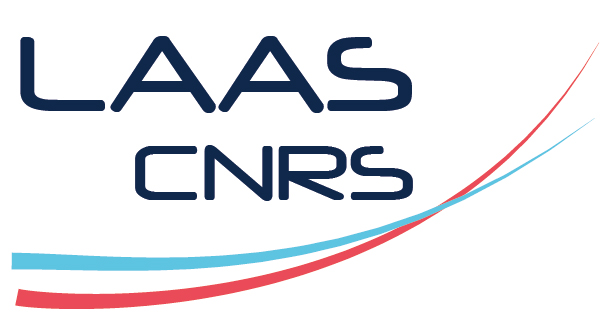From Functional Affordances to Reciprocal Dispositions: An Ontological Representation
Résumé
In human-robot interaction, the collaboration of agents stems from what each agent is capable of doing to successfully complete the objective. Thus, for a robot to efficiently interact with its environment, it is crucial to have knowledge over the actions it is capable of performing. This paper presents a step toward the consideration of agentive aspects in the representation of action possibilities for an agent, i.e. affordances. Building upon the dispositional theory, this work aims at matching the dispositions of entities with the capabilities of the agents. Using an ontological representation and inference mechanisms, this contribution aims to autonomously infer affordance relations linking an agent to entities in a reactive way. As affordance relations stem from the match between the dispositions of entities and the capabilities of the agents, we propose a reasoner which allows to link the corresponding entities given each affordance's requirement. Furthermore, as certain actions may necessitate the combination of multiple entities, this work also addresses the representation and inference of affordances for such combinations. These inferences provide the agent with a self-awareness capability about which actions are feasible with respect to the entities in the environment, while also leveraging changes that may occur in the environment.

